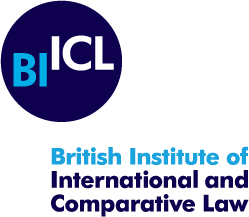To mark 15 years since the coming into force of the Statute of the International Criminal Court (ICC) on 1 July 2002, the Journal of International Criminal Justice has announced a forthcoming symposium on ‘The International Criminal Court’s Policies and Strategies’ to be published in July 2017.

The Court and its various organs have continually issued a number of documents explaining the Court’s policies on numerous distinct issues as well as its strategies for the future. The Journal’s Editorial Committee believes that the time has come to take a closer and systematic look at these documents, looking at the choices made thus far, the level of transparency and consistency, as well as suggesting avenues to strengthen the overall effectiveness and credibility of ICC investigative and prosecutorial strategies.
The Journal calls for submission of abstracts not exceeding 500 words on the questions described above, or related areas of interest, no later than 15 November 2016. After the abstracts are reviewed, in early December, the Editorial Committee will invite a number of contributors to submit full papers of no more than 8000 words (including an abstract and footnotes) by 28 February 2016. For more information about the call, please visit its webpage or contact the Executive Editor.


